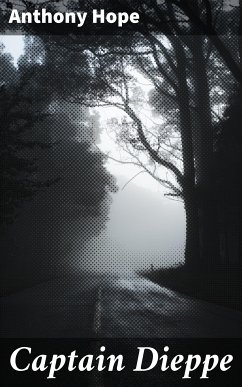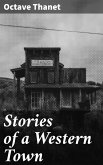In "Captain Dieppe," Anthony Hope crafts a thrilling narrative set against the backdrop of World War I, exploring themes of honor, duty, and the complexities of human relationships in wartime. The novel is characterized by Hope's mastery of suspense and character-driven storytelling, utilizing rich, descriptive language that vividly captures the emotional stakes of its protagonists. As the plot unfolds, readers are immersed in a poignant exploration of bravery and sacrifice, ultimately questioning the moral ambiguities of conflict and its toll on the human spirit. Anthony Hope, best known for his adventure novels such as "The Prisoner of Zenda," brings his keen insight into intricate character dynamics and noble ideals to "Captain Dieppe." Having served in the military, Hope's personal experiences during tumultuous times inform his portrayal of soldiers and the ethical dilemmas they confront on and off the battlefield. His passion for storytelling and understanding of the human condition shine through in his characters' trials, as they navigate personal conflict in a world engulfed by war. I highly recommend "Captain Dieppe" to readers seeking a gripping narrative that intertwines historical context with deep psychological exploration. This work not only entertains but also provokes critical thought on the nature of heroism and the sacrifices made in the name of duty. Hope's ability to blend adventure with profound themes ensures that this novel will resonate with those who appreciate literature that challenges the boundaries of genre and engages with the complexities of human emotion.
Dieser Download kann aus rechtlichen Gründen nur mit Rechnungsadresse in A, B, BG, CY, CZ, D, DK, EW, E, FIN, F, GR, H, IRL, I, LT, L, LR, M, NL, PL, P, R, S, SLO, SK ausgeliefert werden.









